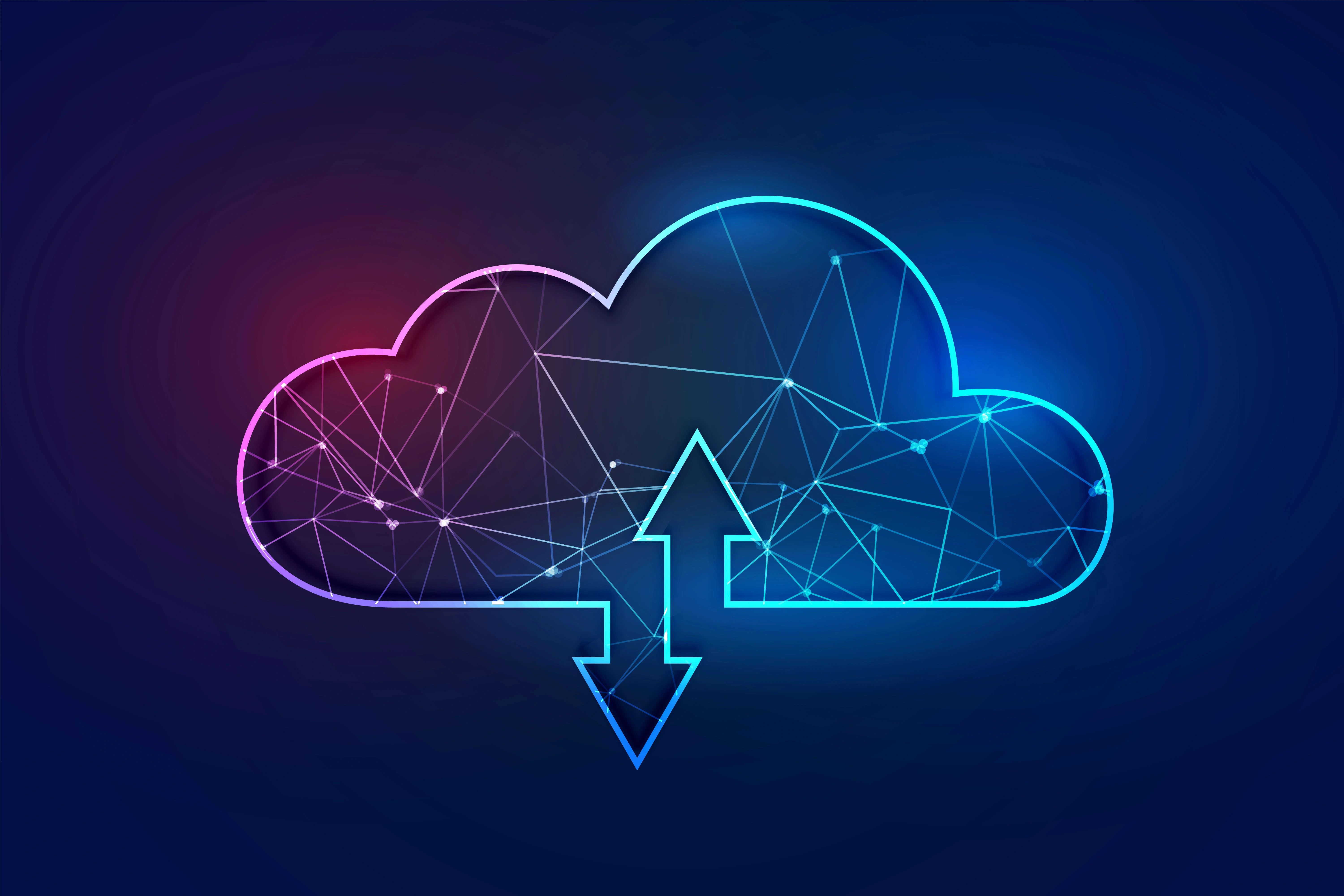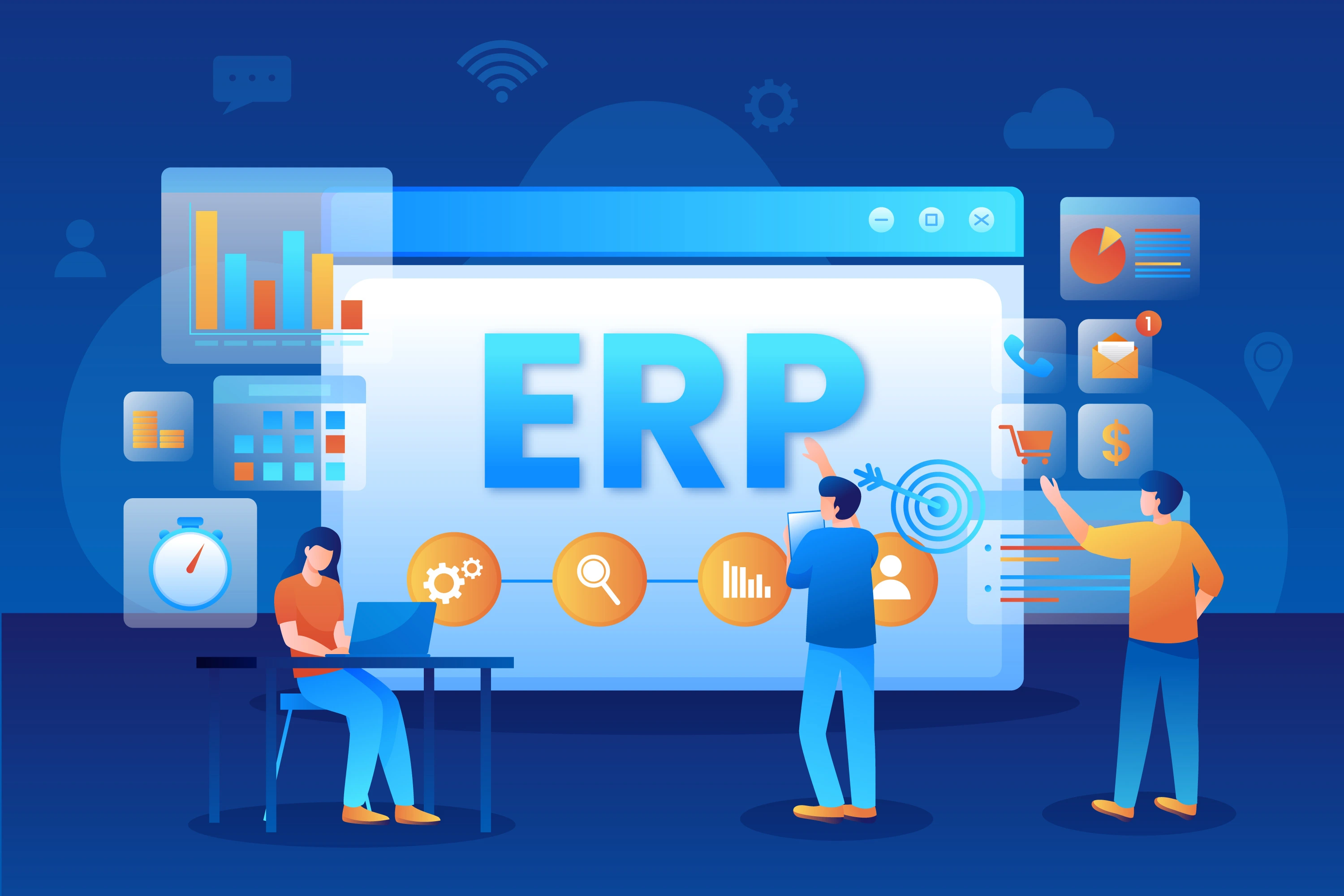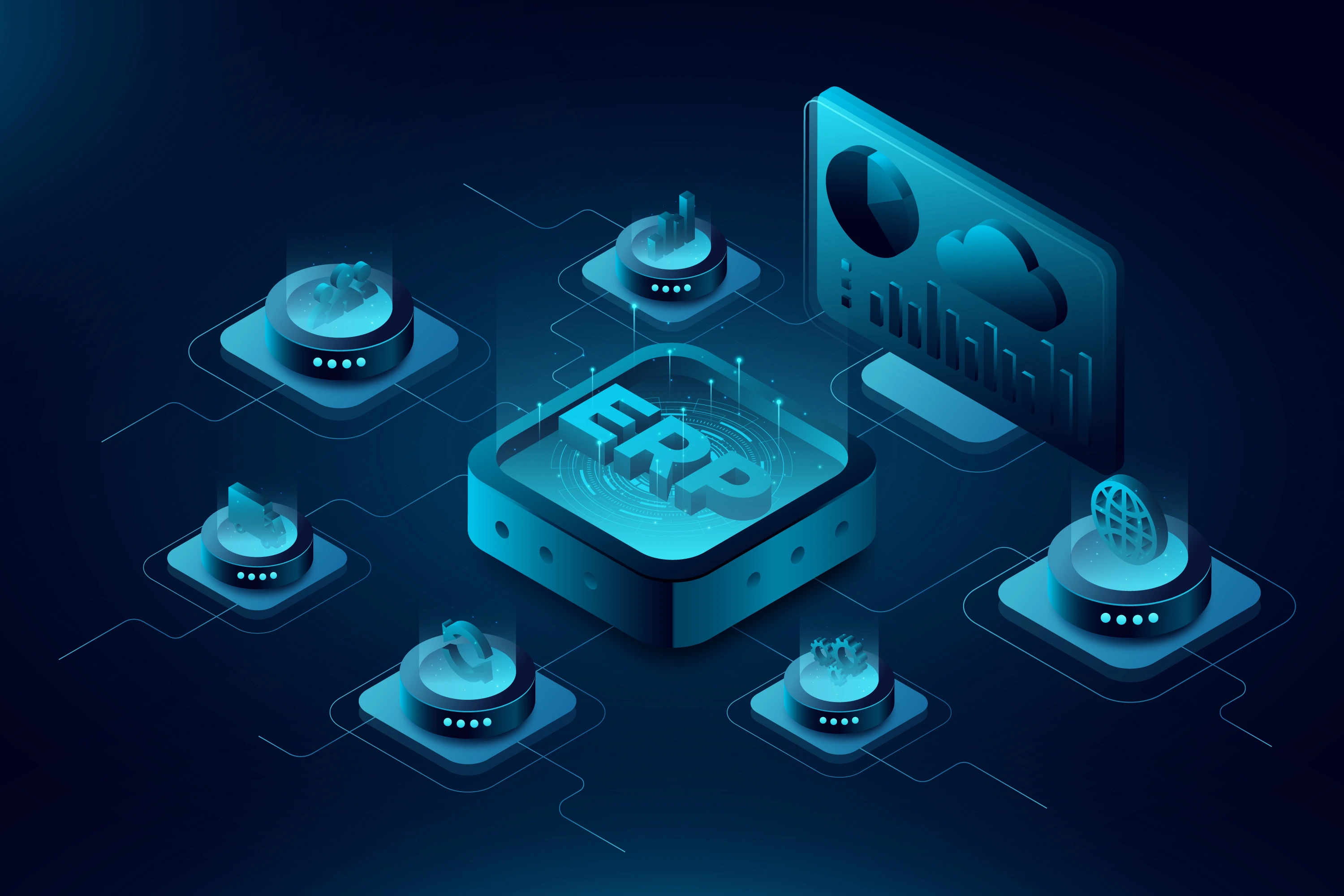Top 10 Erp Software in World
- 01-02-2023
- SAP ERP is a Popular ERP Solution that Provides Enterprise-Wide Integration, Automation, and Real-Time Insights For Businesses of All Sizes.
- Oracle ERP is an Integrated Suite of Business Applications that Offer a Wide Range of Functionalities, Including Financial Management, Supply Chain Management, and Procurement.
- Microsoft Dynamics 365 is a Cloud-Based ERP Solution that Offers a Comprehensive Set of Business Applications, Including Finance, Supply Chain Management, and Sales.
- Infor ERP is a Flexible ERP Solution that Can Be Customized to Meet the Unique Needs of Different Industries, Including Manufacturing, Healthcare, and Retail.
- Sage ERP is a Suite of Business Management Software that Includes Financial Management, Supply Chain Management, and Manufacturing Capabilities.Epicor ERP is a Scalable ERP Solution that Offers Functionality for a Variety of Industries, Including Manufacturing, Distribution, and Retail.
- NetSuite ERP is a Cloud-Based ERP Solution that Provides Businesses With a Single, Unified Platform for Managing their Financials, Inventory, and Operations.
- Acumatica ERP is a Cloud-Based ERP Solution that Offers a Range of Functionalities, Including Financial Management, Distribution, and CRM.
- SYSPRO ERP is an Industry-Specific ERP Solution that Provides Functionality For a Range of Industries, Including Manufacturing, Distribution, and Healthcare.
Plex ERP is a Cloud-Based ERP Solution that Provides Businesses with Real-Time Visibility into their Operations, Enabling them to Make Informed Decisions and Optimize their Processes.












